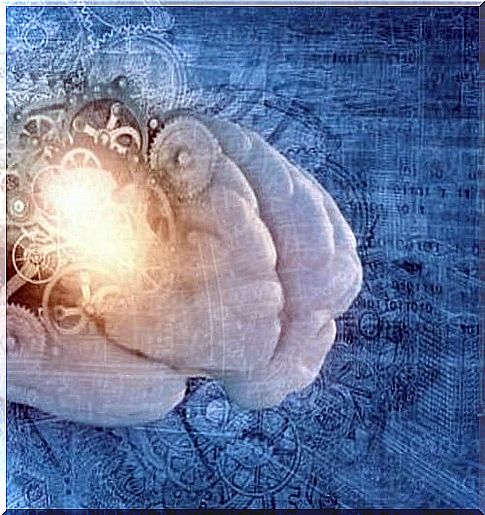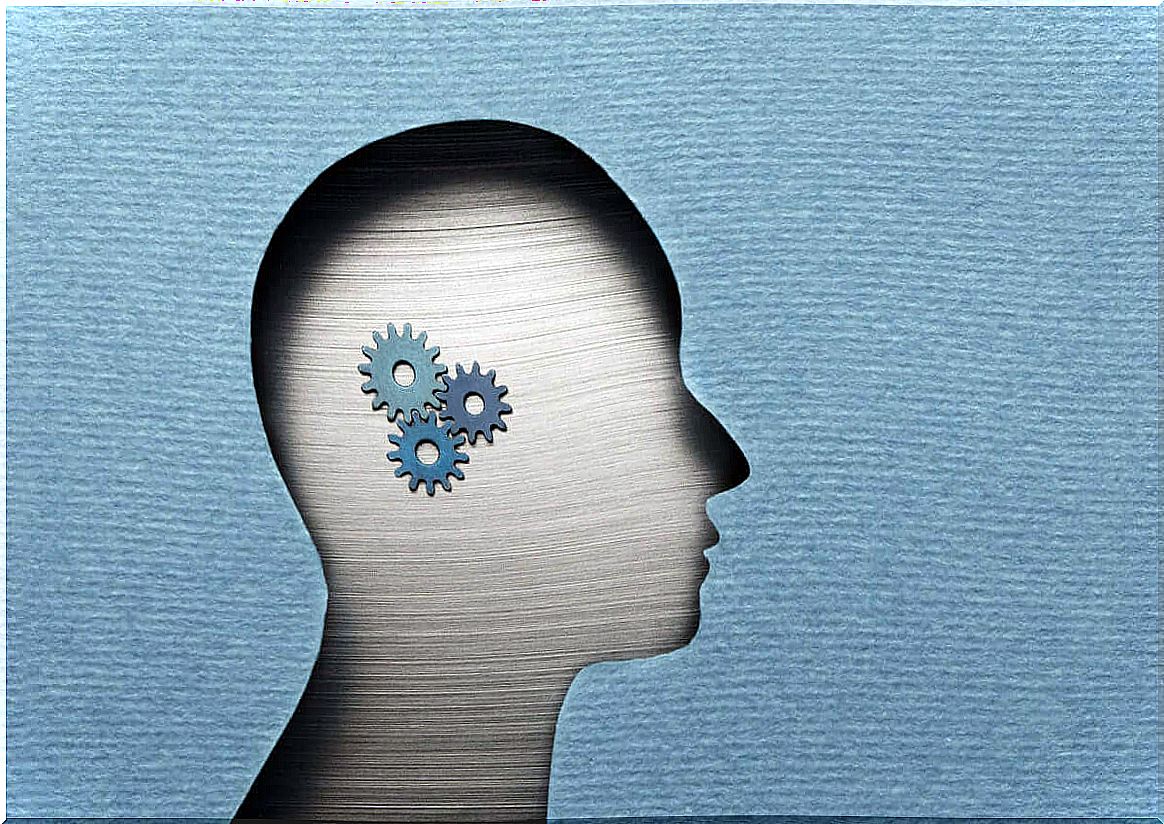The Metamemory: What Is It?

What does metamemory consist of? Is the concept familiar to you? The truth is that memory is a cognitive ability that allows us to have an identity, to learn, to keep memories and to consolidate or reinforce what we have already learned. Knowing in detail how memory works can help us to better store information and optimize this capacity. This is precisely the meaning of metamemory, the knowledge of one’s own memory.
But what else does metamemory include? What is its relationship with the mnemonic rules? How is it possible to study this phenomenon? How to strengthen it We will answer these questions in a short journey to discover this capacity that is so important to our identity.

What is metamemory?
Metamemory is the knowledge we have of our memory. More specifically, and according to a study conducted by González (1997) and published in the journal Estudios de Psicología , metamemory means knowledge and control over one’s memory. This also includes knowing the different stages of memory, which are three:
- Coding
- Storage
- Recovery
The more metamemory we have, the more information we have about memory, the more elements we have to improve it and define its limits. As we can see, metamemory does not include only the knowledge of memory, but also its control and mastery.
Strengthen your memory
Metamemory is knowledge of one’s own memory, in the same way that metalanguage constitutes knowledge of one’s own language and so on. To enhance memory (or to get the most out of it), so-called mnemonic rules or strategies are often used.
According to a study conducted by Campos & Ameijide (2014), mnemonic strategies not only affect memory, but also metamemory, to such an extent that they can be useful to both (it all depends on the type of strategies used).
How can metamemory be improved?
Metamemory, just like memory, can be improved. How? To begin with, learning everything there is to know about the memory process. This means understanding how the brain operates at each stage of memory.
In other words, what happens when we encode a memory and when we store and retrieve it? What changes take place in the brain? How do emotions affect this? (The relationship between emotions and memory is more than proven).
You can learn all this by reading and studying many interesting texts on memory. On the other hand, the mnemonic rules, already mentioned, can help us improve this cognitive ability. That said, studying memory also improves metamemory.
The study of metamemory
Nelson and Narens (1990) in their book Metamemory: A theoretical framework and new findings affirm that the study of metamemory consists of three phases, already mentioned: acquisition (before learning), retention (retaining previously acquired notions) and conscious recovery and self-directed information.
On the other hand, it is possible to make judgments about one’s memory, that is, about the memorization process. According to the cited authors, metamnemonic judgments can be summarized in four points of the learning process (let’s imagine we are faced with a memorization task):
- Before the acquisition. The elements have not yet been learned. The person must predict the degree of ease of learning of the task in question (judgments of ease of learning).
- During or immediately after the acquisition. After acquiring the memory, but before the recovery test. Here the person estimates the level of knowledge possessed (learning judgment).
- During the test. During the test, you evaluate the memory you expect to have in a subsequent test of the same type or a different format (what we call a “feeling of knowing or feeling of knowing”).
- After recovery. The moment of recovery of the memory. Here the person must express the degree of confidence or certainty with which he has given each of the answers (judgment of confidence).
Thus, metamemory goes beyond the mere knowledge of memory. If we go a little deeper, we realize that it includes the knowledge of all its functions, its stages and we could even say that it includes the knowledge of the mnemonic strategies that can be useful to us.
Knowing memory (metamemory) also means knowing its strengths (and how to take full advantage of it) and its limits.









